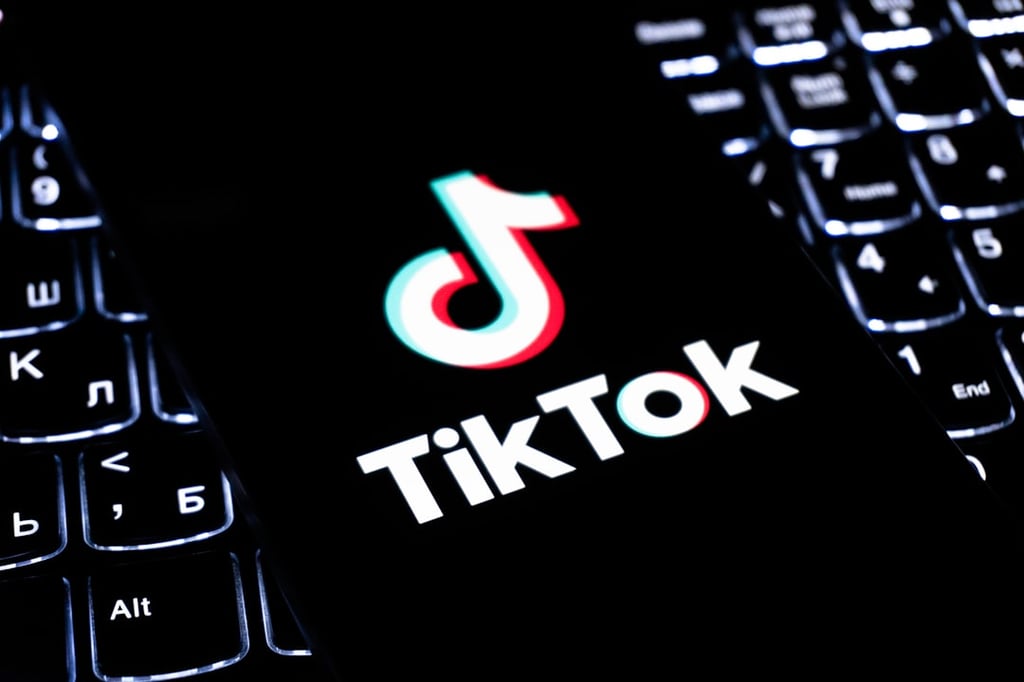It was the Tweet that rocked the mobile world this week. Setting the record straight on rumors of his departure from Google, Andy Rubin, senior vice president of Mobile, not only denied via Twitter that he was leaving, he dropped a bombshell statistic. Rubin claims, “over 900,000 Android devices [are] activated each day.” Rubin took […]
Datamation content and product recommendations are
editorially independent. We may make money when you click on links
to our partners.
Learn More
It was the Tweet that rocked the mobile world this week.
Setting the record straight on rumors of his departure from Google, Andy Rubin, senior vice president of Mobile, not only denied via Twitter that he was leaving, he dropped a bombshell statistic. Rubin claims, “over 900,000 Android devices [are] activated each day.”
Rubin took to Twitter after Robert Scoble posted on Google+ that the Google staffer was leaving the search and online advertising giant to head up CloudCar, a startup that’s working on cloud-based, car-connected mobile technology. Not with so much momentum behind Android, countered Rubin.
Rubin further clarified in a Google+ update of his own, “Cloudcar are a group of friends who I give free office space to in my incubator in Los Altos.”
Dispelling rumors quickly, particularly those concerning high profile staffers, helps account for the timing of the disclosure. But the buzz was amplified as Apple kicked off its Worldwide Developer Conference (WWDC) today.
Serving as the official unveiling of iOS 6, WWDC 2012 brings developers up to speed on the latest innovations that are being baked into the company’s mobile operating system that powers the iPhone, iPad and iPod Touch. Highlights this year include expanded Siri functionality, tighter Faceboook integration and FaceTime that works over a cellular network connection, eliminating the Wi-Fi requirement.
iOS vs Android for the Future of BYOD
Apple also used WWDC to reveal that through March, it had sold 365 million iOS devices. An impressive figure, but at over 25 million activations per month according to Rubin’s math, the Android ecosystem is proving to be an able competitor.
Granted, with handset and tablet makers like Samsung and Motorola in the Android camp, Google’s mobile OS enjoys wide industry support across a diverse range of smartphones and tablets. Apple, on the other hand, is the only maker of iOS devices.
Rubin’s tweet hints that not only is Android and its app ecosystem in good shape in Google’s eyes, but that they are also big pillars in the company’s strategy to compete against Apple — and soon Microsoft — in the mobile space. Of late, that also includes catering to the “bring your own device” BYOD trend that has gripped enterprise IT departments.
Apple has been steadily making iOS business-friendly over the years, with Exchange support, faster processors, improved Retina displays and an ever-growing selection of business apps in the iTunes App Store. Google hasn’t been sitting still, however.
Android features deep integration with many Google cloud services and apps, including Gmail and Calendar. Last week, the company acquired Quickoffice, a maker mobile apps that can view and edit MS Office files, for an undisclosed amount. With 900,000 new Android devices springing to life each day, it’s a safe bet that Google expects QuickOffice to help them to don some corporate duds, or at least go business casual.
Pedro Hernandez is a contributing editor at InternetNews.com, the news service of the IT Business Edge Network, the network for technology professionals. Follow him on Twitter @ecoINSITE.
-
Ethics and Artificial Intelligence: Driving Greater Equality
FEATURE | By James Maguire,
December 16, 2020
-
AI vs. Machine Learning vs. Deep Learning
FEATURE | By Cynthia Harvey,
December 11, 2020
-
Huawei’s AI Update: Things Are Moving Faster Than We Think
FEATURE | By Rob Enderle,
December 04, 2020
-
Keeping Machine Learning Algorithms Honest in the ‘Ethics-First’ Era
ARTIFICIAL INTELLIGENCE | By Guest Author,
November 18, 2020
-
Key Trends in Chatbots and RPA
FEATURE | By Guest Author,
November 10, 2020
-
Top 10 AIOps Companies
FEATURE | By Samuel Greengard,
November 05, 2020
-
What is Text Analysis?
ARTIFICIAL INTELLIGENCE | By Guest Author,
November 02, 2020
-
How Intel’s Work With Autonomous Cars Could Redefine General Purpose AI
ARTIFICIAL INTELLIGENCE | By Rob Enderle,
October 29, 2020
-
Dell Technologies World: Weaving Together Human And Machine Interaction For AI And Robotics
ARTIFICIAL INTELLIGENCE | By Rob Enderle,
October 23, 2020
-
The Super Moderator, or How IBM Project Debater Could Save Social Media
FEATURE | By Rob Enderle,
October 16, 2020
-
Top 10 Chatbot Platforms
FEATURE | By Cynthia Harvey,
October 07, 2020
-
Finding a Career Path in AI
ARTIFICIAL INTELLIGENCE | By Guest Author,
October 05, 2020
-
CIOs Discuss the Promise of AI and Data Science
FEATURE | By Guest Author,
September 25, 2020
-
Microsoft Is Building An AI Product That Could Predict The Future
FEATURE | By Rob Enderle,
September 25, 2020
-
Top 10 Machine Learning Companies 2021
FEATURE | By Cynthia Harvey,
September 22, 2020
-
NVIDIA and ARM: Massively Changing The AI Landscape
ARTIFICIAL INTELLIGENCE | By Rob Enderle,
September 18, 2020
-
Continuous Intelligence: Expert Discussion [Video and Podcast]
ARTIFICIAL INTELLIGENCE | By James Maguire,
September 14, 2020
-
Artificial Intelligence: Governance and Ethics [Video]
ARTIFICIAL INTELLIGENCE | By James Maguire,
September 13, 2020
-
IBM Watson At The US Open: Showcasing The Power Of A Mature Enterprise-Class AI
FEATURE | By Rob Enderle,
September 11, 2020
-
Artificial Intelligence: Perception vs. Reality
FEATURE | By James Maguire,
September 09, 2020
SEE ALL
ARTICLES









